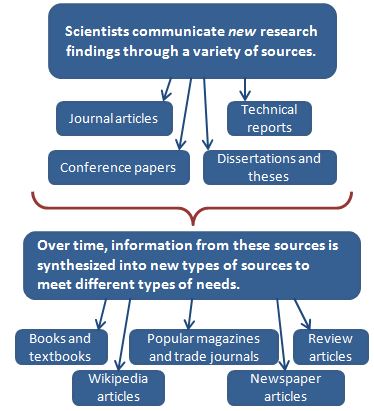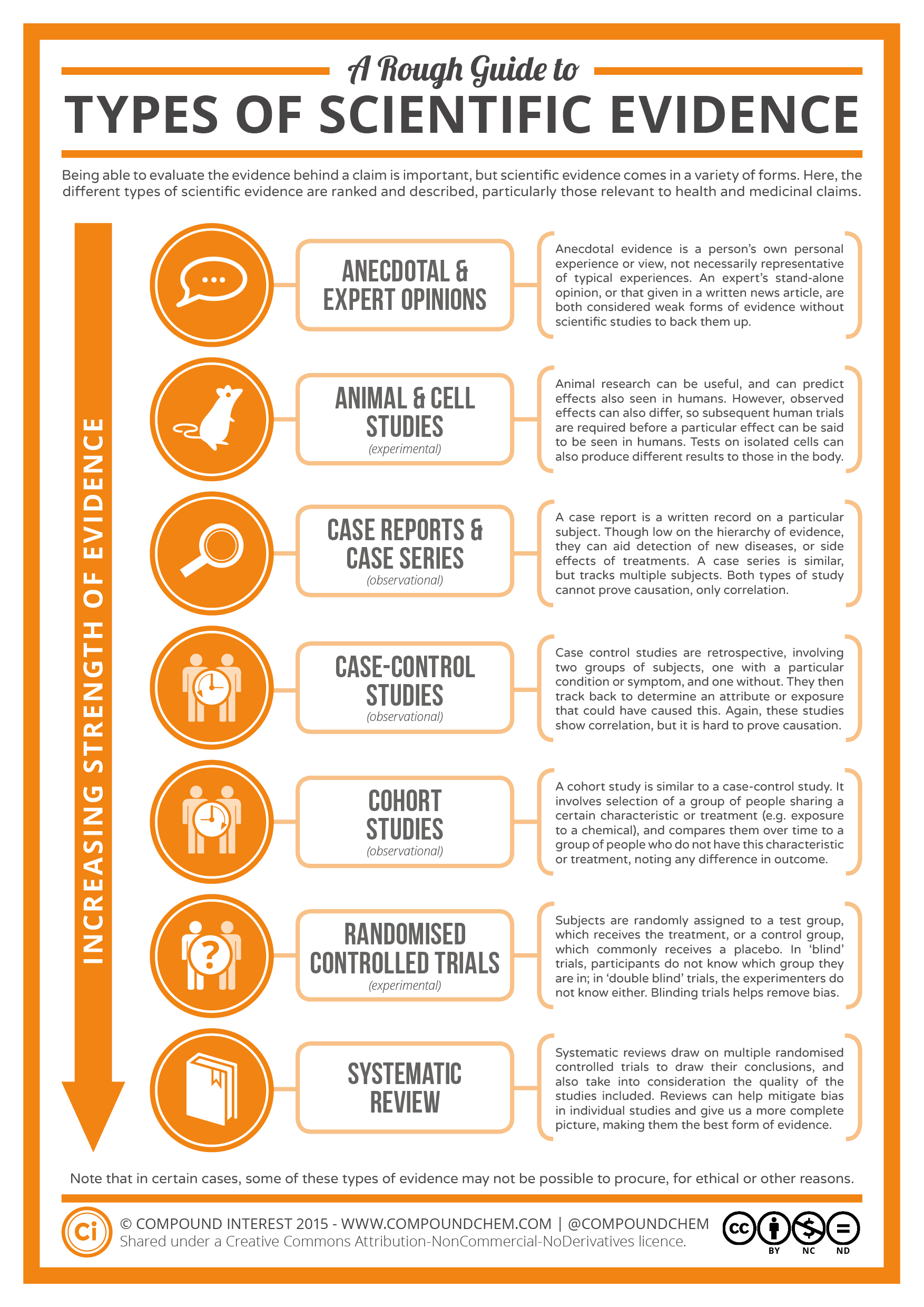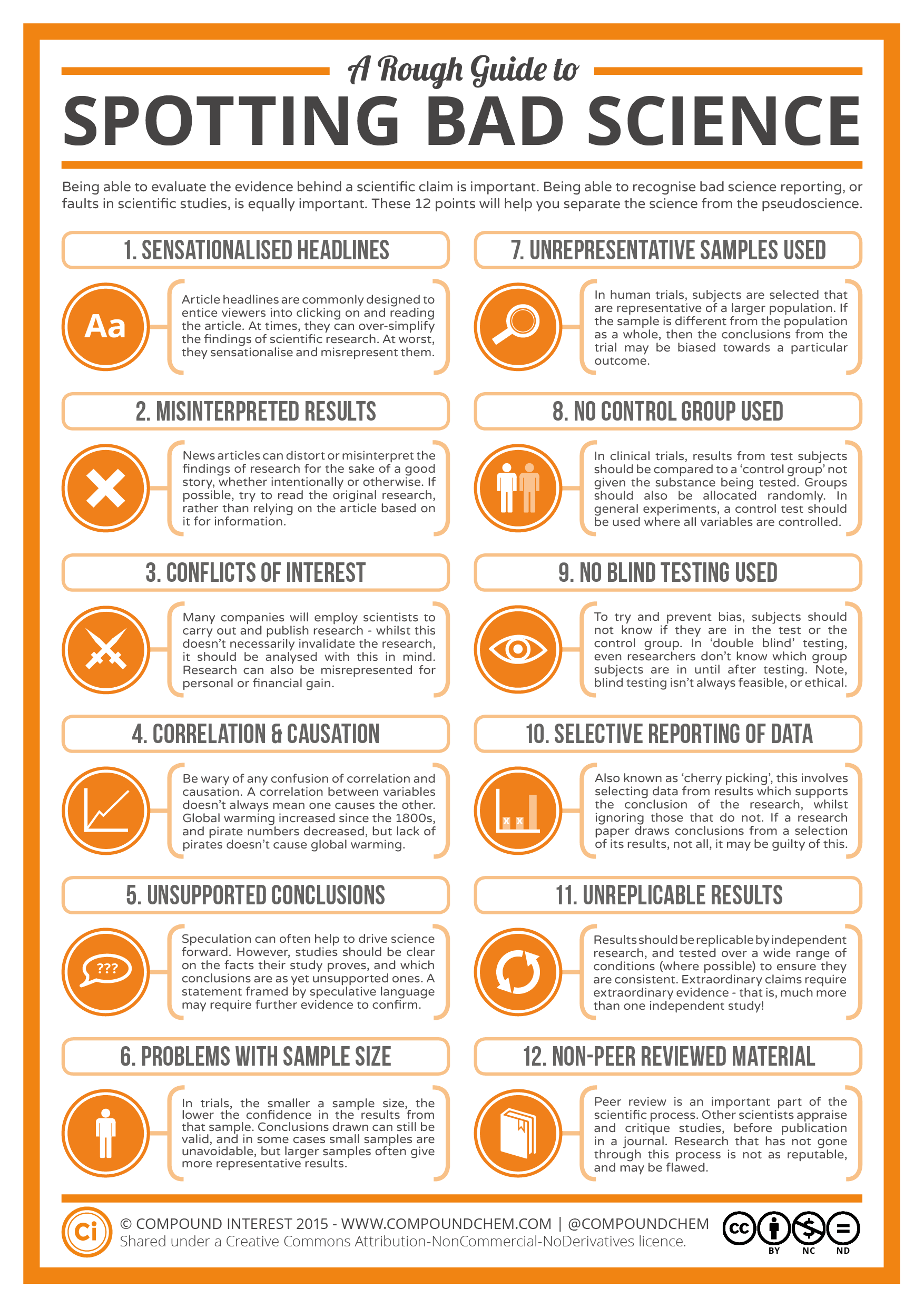Starting your literature review
1. Use this guide as a starting point. Begin your search with the resources linked from the Psychology subject guide. These library catalogs and databases will help you identify what's been published on your topic. Pair these resources with open access resources such as Google Scholar and Directory of Open Access Journals and our library ILL service.
2. What came first? Try bibliographic tracing. As you're finding sources, pay attention to what and whom these authors cite. Their footnotes and bibliographies will point you in the direction of additional scholarship on your topic.
3. What comes next? Look for reviews and citation reports. What did scholars think about that book when it was published in 2003? Has anyone cited that article since 1971? Reviews and citation analysis tools can help you determine if you've found the seminal works on your topic--so that you can be confident that you haven't missed anything important, and that you've kept up with the debates in your field. You'll find book reviews in JSTOR and other databases. Google Scholar has some citation metrics.
4. Stay current. Get familiar with the top journals in your field, and set up alerts for new articles. If you don't know where to begin, APA and other scholarly associations often maintain lists of journals, broken out by subfield. In many databases (and in Google Scholar), you can also set up search alerts, which will notify you when additional items have been added that meet your search criteria.
5. Stay organized. A citation management tool--e.g., RefWorks, Endnote, Zotero, Mendeley--will help you store your citations, generate a bibliography, and cite your sources while you write. Some of these tools are also useful for file storage, if you'd like to keep PDFs of the articles you've found. To get started with citation management tools, check out the resources listed on the "Citation" tab.
Lit Review Resources
-
The Literature Review, UNC Chapel Hill Writing Center"This handout will explain what literature reviews are and offer insights into the form and construction of literature reviews in the humanities, social sciences, and sciences."--website
-
Social Work Literature Review Guidelines, OWL, Pudue UnivThis handout provides an overview of how to write literature reviews in the field of social work. but the tips are useful to work you will do in your PSY classes. It provides a list of suggestions and examples.
-
Writing a literature review, St. Mary's University, Patrick LibraryGet a quick overview to the content and structure of a literature review.
Peer-Review & Research Cycle
Scientists share new research findings primarily through journal articles but also through conference papers, technical reports, and dissertations and theses.
Journal articles are especially important sources, because:
- These publications contain research results that establish new information and move the discipline forward.
- These publications are where you'd go to find the most current research.
- Information in most journal articles has undergone a peer-review process to help ensure accuracy and reliability.
Over time, information derived from sources such as journal articles gets incorporated into new types of sources, such as books, Wikipedia articles, and news.
Credit: CLINE Library Northern Arizona Univ


